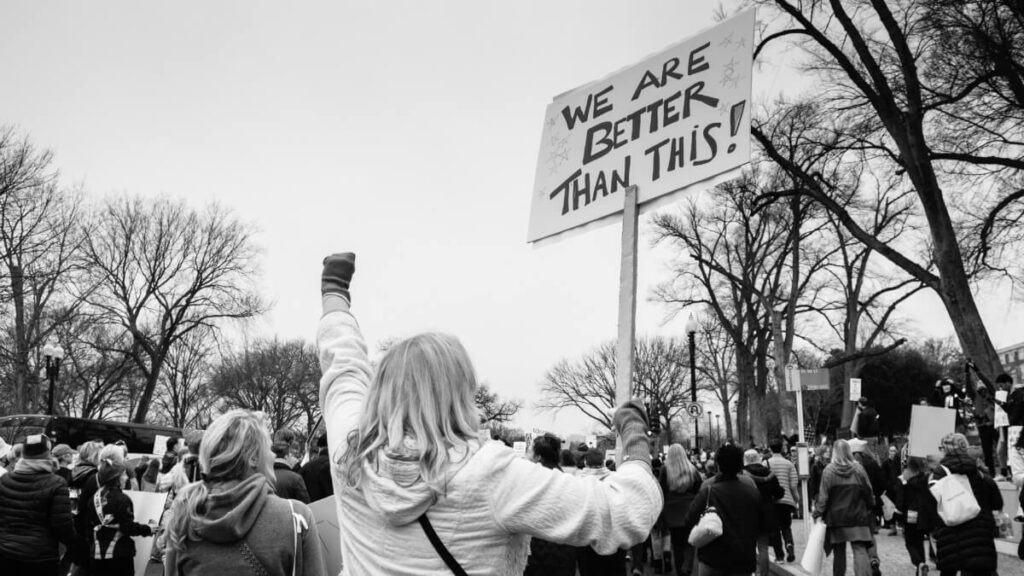
In the digital age, the landscape of political campaigning has undergone significant transformation. But what are the implications of this shift for democratic elections around the world? This question invites us to explore the changing strategies in political campaigning and their effects on the electoral process and democracy itself.
Digital platforms have become central to political strategies, enabling candidates and parties to reach voters directly, tailor messages, and mobilize support with unprecedented precision. The Always First Reporter notes that while digital campaigning offers opportunities for greater engagement and participation, it also raises concerns about misinformation, privacy breaches, and the potential for foreign interference. The ability to micro-target voters with highly personalized content can both inform and polarize, challenging the traditional norms of political discourse and campaigning.
Critics argue that the lack of regulation around digital political advertising threatens the integrity of elections, allowing for the unchecked spread of false information and the manipulation of voter behavior. However, proponents see digital campaigning as a democratizing force, leveling the playing field for smaller parties and underrepresented groups by reducing the barriers to entry that exist in traditional media.
The shift towards digital campaigning is reshaping the democratic process, necessitating a reevaluation of election laws and regulations to address the unique challenges it presents. The Always First Reporter highlights the need for transparency, accountability, and international cooperation to safeguard electoral integrity in the digital era. As political campaigning continues to evolve, ensuring that these advancements enhance rather than undermine democracy remains a pivotal concern for societies worldwide.








































Leave a Reply